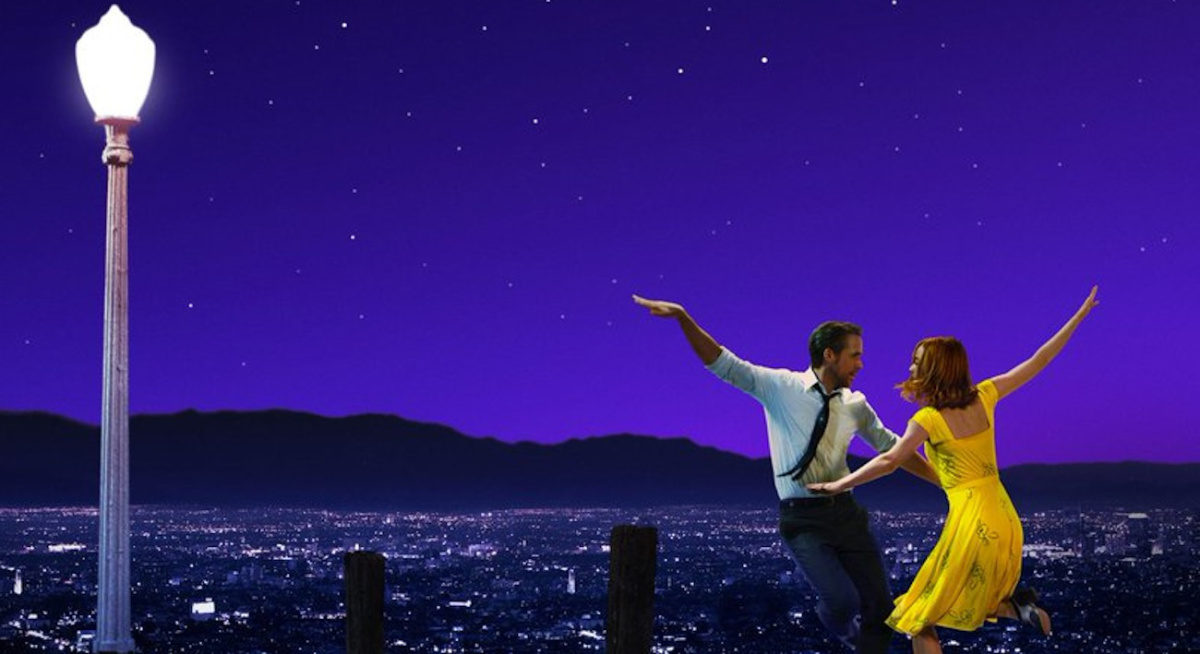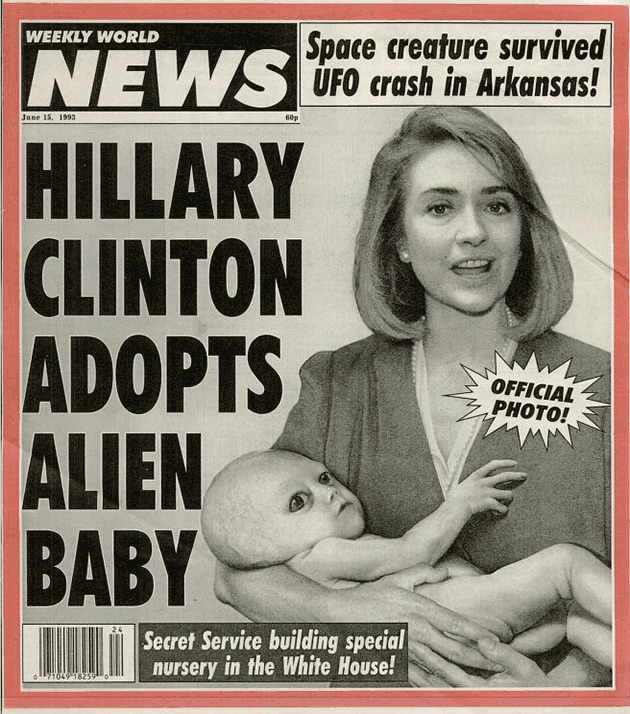This past Spring, I saw the movie La La Land, and began this post. Nearly 3 months have elapsed – life gets in the way, as it does in the movie. The movie hearkens back to the days of the great musicals. (By now, most people who want to see this movie have already done so. Regardless, I will try to avoid any spoilers.)
Those of a certain age remember those days. Those outside of Los Angeles may not realize that la-la land has a dual meaning (Merriam-Webster):
1. The mental state of someone who is not aware of what is really happening.
2. A nickname for Los Angeles, California.
Ah, Los Angeles, my hometown, the city that is as well known by its initials as its official name – shortened from its original name from its founding in 1781: “El Pueblo de Nuestra Señora la Reina de los Ángeles del Río Porciúncula” (in English, “The town of our lady the Queen of the Angels of the River Porciúncula”).
La-La Land’s dual (and now triple, without the dash) meaning could not be more apt. Los Angeles has been the City of Stars, city of dreams – often broken dreams – for over well over 150 years. Even before the film industry began here, there was oil wealth to be had and before that gold. Gold was found in 1842 in Placerita Canyon, just north of Los Angeles (Placerita means “little placer” after placer gold deposits found in the canyon) years before the discovery at Sutter’s Mill precipitated the California Gold Rush. People came, people still come to search for fulfillment of their dreams.
The main characters in the movie La La Land are Sebastian (Ryan Gosling) and Mia (Emma Stone). Mia dreams of becoming a movie star. Sebastian dreams of owning a jazz club. Near the end of the movie is a fantasy/dream scene. Whose dream was it? At first it seemed it was Mia’s dream. By the end of the fantasy sequence, it seemed it was Sebastian’s dream. As I left the theater, I realized it was really the audience’s dream – all those romantic dreamers who want happily ever after, with all dreams realized for all persons involved. At that point in the story, there was no way for everyone to have all their dreams, past and present, realized. Yes, we are all dreamers. Life is not fair, it is real, and as I tell my kids you can’t always get what you want.
Featured Image: Poster from City of Stars
City of Stars, by Justin Hurwitz, sung by Ryan Gosling and Emma Stone
You Can’t Always Get What You Want, by Mick Jagger and Keith Richards, sung by The Rolling Stones


